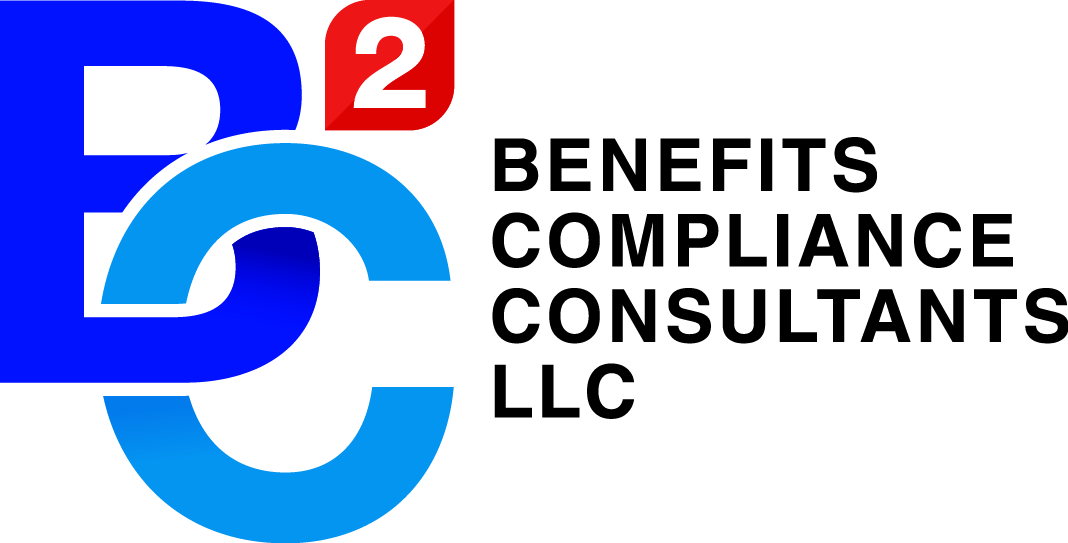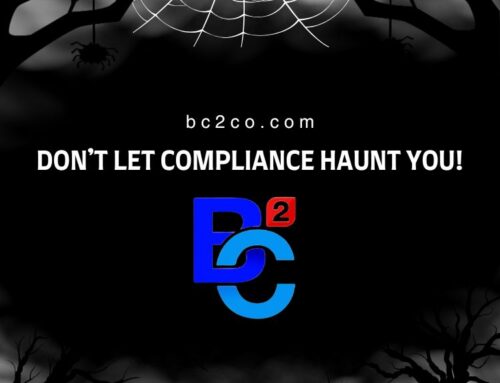ERISA Services are needed now more than ever before in the workplace and in your business.
When you hire new employees one of the things that they will want to know is whether they will be able to save for retirement and how they can go about it so that by the time they retire they have enough of a nest egg to live on. ERISA, which is the Employee Retirement Income Security Act has been put in place to take care of all that. It was enacted in the 70’s and it is used to provide employers, insurance companies and pension companies with guidelines on employee benefit plans. The Act doesn’t cover government employees or church employees.
ERISA doesn’t force you, as a private business, to have pension plans for your employees but if you decide that you want to have them it sets down some requirements that you must meet. ERISA was initially enacted to stop mismanagement of pension plans by private employers, but over time its scope has been expanded so that employees are able to access much more information about their retirement savings.
According to findlaw.com: “Prior to ERISA’s enactment in 1974, the U.S. Department of Labor started regulating employee benefit plans when the Welfare and Pension Plans Disclosure Act (WPPDA) came about in 1959. The WPPDA required employers to make plan descriptions and annual financial reports available to the government and plan participants. Although this was meant to give employees a chance to keep an eye out on any abuse or mismanagement of their funds, the WPPDA was still very limited in scope and it was because of this that ERISA was enacted. ERISA provisions apply to plan years starting on or after January 1, 1975. The Act has widened the scope of information being relayed to employees. It has implemented a type of healthcare plan enforcement that requires employers to manage funds exclusively for plan participants and their best interests, and expanded on the reporting procedures to the government.”
 As an employer you may not be an expert in retirement savings plans and you may find yourself unable to decipher all that the Act requires and put it into action. It is for this reason that many private companies choose to hire consultants to provide ERISA services. It is very important to make sure that you are in compliance with the requirements of the ACT – failure to do so will result in hefty fines for each employee and you may even find yourself facing lawsuits. A good ERISA consultant will help break down the requirements of the act so that you are never found liable either by the government or by the courts. Here are some of the areas where they can help you:
As an employer you may not be an expert in retirement savings plans and you may find yourself unable to decipher all that the Act requires and put it into action. It is for this reason that many private companies choose to hire consultants to provide ERISA services. It is very important to make sure that you are in compliance with the requirements of the ACT – failure to do so will result in hefty fines for each employee and you may even find yourself facing lawsuits. A good ERISA consultant will help break down the requirements of the act so that you are never found liable either by the government or by the courts. Here are some of the areas where they can help you:
• Failure to comply with ERISA can lead to serious fiduciary exposure. Your directors and other executives can find themselves exposed to expensive lawsuits for failing to comply with an act that they didn’t know about, or didn’t understand in the first place. A consultant will let you know about the obligations of the business owners so that you can minimize risk.
• ERISA services and compliance consultants also play an important role on retiree medical benefits. Some employers will reduce retirement medical benefits in an effort to reduce the overall costs of running the business and almost always this is followed by litigation. If you hire the right ERISA consultant they will let you know what you can and cannot do so that you stay on the right side of the law.
• There are many third parties involved in the administration of ERISA and disputes often develop on fees, responsibilities and more. These also lead to lawsuits that can be expensive and time consuming. An ERISA services consultant will be charged with taking care of all third parties on your behalf and they will advise you whenever necessary.
The pension plan for your employees is something that should be handled by an expert because if things go wrong it can end up costing your business. Experienced ERISA consultants like Benefits Compliance Consultants Inc. can do this for you.
Visit this page for a free quote with us.





